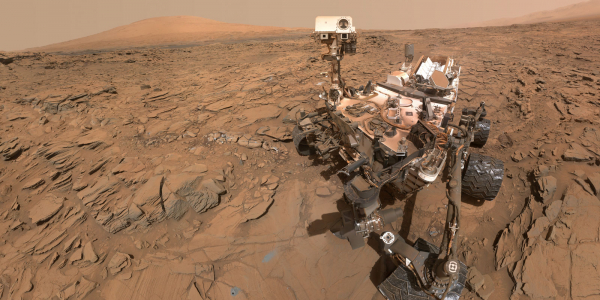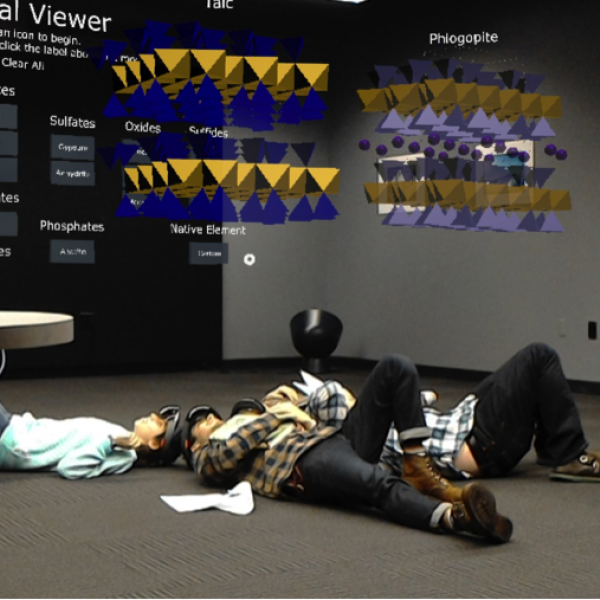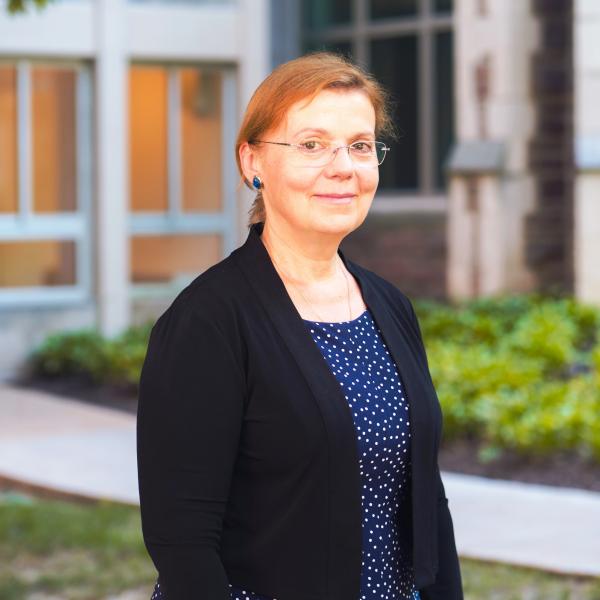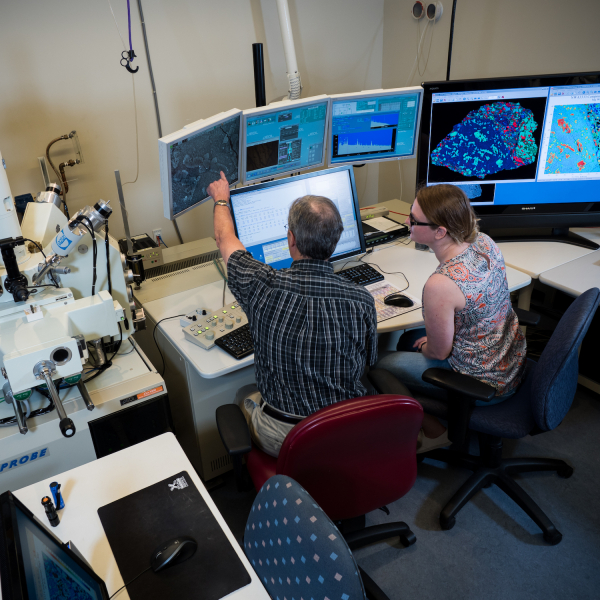Our Research
Research topics in the space sciences at Washington University cover a broad range, extending the structure of the universe as a whole, to stars, planets, specimens from meteorites, the moon and Earth, and microscopic tracks left by single atoms. These phenomena reveal the development and operation of our broadest surroundings, from the beginning of the universe, through the evolution of stars, the origin of the solar system (some 4.5 billion years ago), the evolution of lunar craters (mostly finished), the evolution of Earth's continents and oceans (still changing), and the theorist's predictions of the future.
The astrophysical environment provides conditions unavailable in the laboratory for grand-scale testing of fundamental laws of physics. Thus, general relativity studies are being made of the large-scale structure of the universe, and nuclear many-body interactions are being examined to model the superdense matter of neutron stars. Some astronomical objects exhibit rapid fluctuations in their outputs of radiation. Among these are recently discovered X-ray sources, the distant and energetic quasars, and BL Lac objects. These are being studied through telescopes with fast electro-optical instruments that measure fluctuations in radiation intensity and polarization that occur in less than one millisecond. New, ground-breaking uses of optical spectroscopy are being employed to determine compositions of distant interstellar gas and dust grains and cometary matter. These studies are complemented by laboratory laser spectroscopic studies of substances of astrophysical interest.




